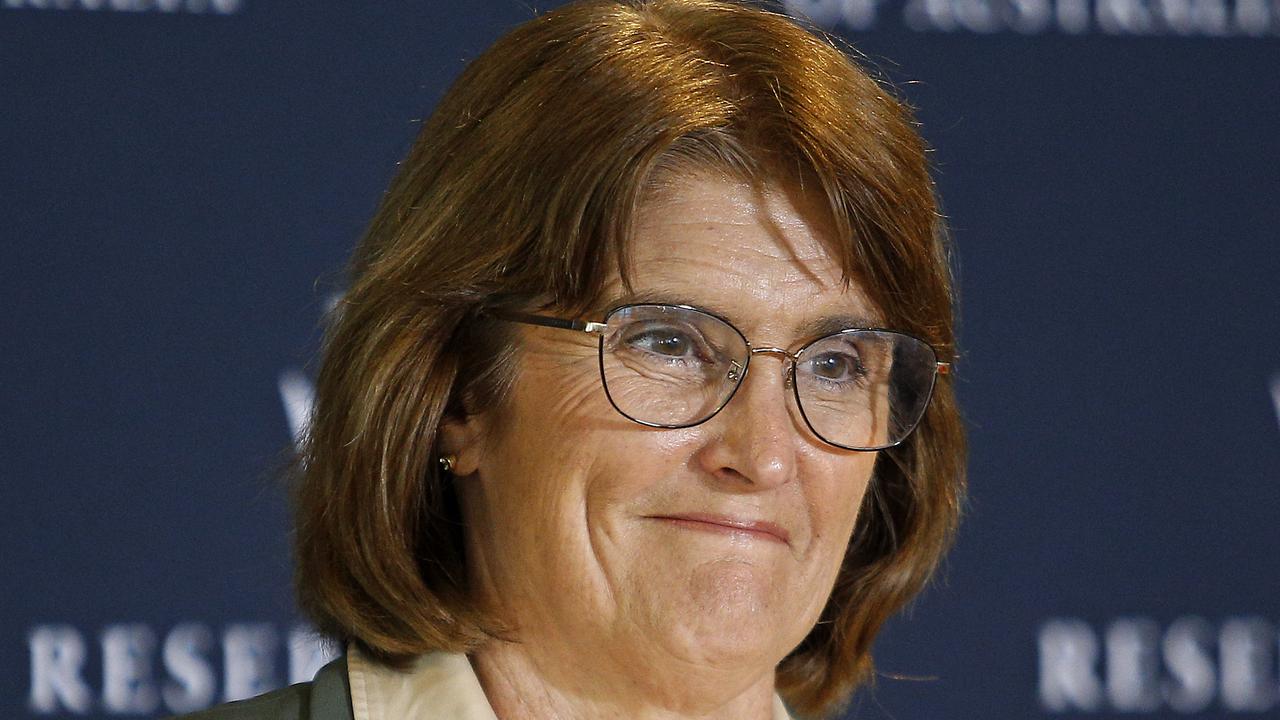Why can’t we find out what to expect from our next winter energy bill?
OUR winter power bill is expected to be a shocker twith price increases set to bite. But the energy retailers don’t want you to know.

AS WINTER begins to bite, power price hikes are causing worry in homes around Australia, with cold residents leaving their heaters off over fears of receiving a bill they cannot pay.
Aussies are bracing themselves for a shock come spring with power price increases coming into effect from July 1. Origin, EnergyAustralia and AGL have all announced increases for electricity and gas with some customers looking at increases of up to 20 per cent.
The price increase will make the winter bill — which is often the most expensive for many households and covers the period June to August — even higher.
The rocketing bills may see 68,000 homes across NSW at risk of having their power cut, according to analysis by The Daily Telegraph.
The NSW Government has already boosted the budget for their Energy Accounts Payments Assistance (EAPA) scheme, which provides emergency $50 vouchers to households at risk of being disconnected.
But the St Vincent de Paul Society NSW said it has already handed out more vouchers in just three weeks, than it did in the three months of winter last year.
CEO Jack de Groot said the charity distributed $360,000 worth of vouchers across three months from July, August and September last year. But it has already topped this, handing out $400,000 worth of vouchers in the first three weeks of July this year.
“The fact that we have already handed out vouchers in July, the equivalent to what we assisted with during the full quarter last year is really concerning,” Mr de Groot told news.com.au.
“If people are struggling with the autumn bill, they will be getting quite a shock when the winter bill comes at the end of September.”
He said the price increases announced by the energy companies had definitely created a lot of stress, with people making the decision not to use heaters.
Other residents in colder areas like Canberra have also been particularly apprehensive about their future bills, with one homeowner telling news.com.au that he had decided to install a wood heater this year to bring down his expected $2000 gas bill.
But despite the anxiety around the issue, the three major retailers have all declined to provide details of what a typical winter bill would look like.
News.com.au contacted Origin, AGL and EnergyAustralia — Australia’s three largest retailers — to estimate how much a winter bill for an average household this year would be compared to last year, but none of them could do this, despite being given days to respond.
In refusing the request, Origin spokesman Ryan Auger said: “The impact of recent energy price changes will vary from household to household, based on factors like the customer’s network supplier, individual usage patterns and weather”.
The energy companies have all provided yearly estimates of the increase but said it was too difficult to give an estimate for just the winter bill, even after being given a suggested usage of 2095 kWh.

A spokeswoman from EnergyAustralia said: “Unfortunately we don’t typically provide a comparison by season.
“We’ve not been asked for that breakdown before and, because it’s a manual calculation, would take some time to do, depending on where the customer lives, their fuel mix, how much energy they consume, when they consume it and their energy tariff.”
Despite numerous calls and email requests, AGL did not provide a response.
The lack of response was slammed by NSW Shadow Minister for Resources and Energy Adam Searle, who said there needed to be a lot more transparency.
“This is not rocket science, the energy companies would know what the percentage increase people would pay for their winter bills,” he told news.com.au.
“So they should be able to give people a ballpark figure but I’m assuming they’re not providing this because it could be more alarming than the 10 to 20 per cent increase already flagged.”
Mr Searle said this was something that electricity companies should be upfront about rather than hoping people won’t notice.
“The fact is, we’ve got two energy companies increasing costs by an average of 16 per cent, and another increasing by 20 per cent, at the time inflation and wages growth is running at less than two per cent.
“It’s just not sustainable, people are noticing and are hurting, and the least thing electricity companies can do is be upfront and open.”
He said many households were struggling to make ends meet and a huge jump in energy expenses could push many to the brink.
“There is huge anxiety among households, families and businesses about what these staggering price hikes will mean to their cost of living,” he said.
His comments were echoed by NSW Minister for Resources and Energy Don Harwin, who urged energy retailers to understand the stress their price increases were putting on families.
“I’m asking them to work with customers to avoid people having their power disconnected, and to inform them of the help that is available,” he said.
Chris Alexander, director of advocacy at Energy Consumers Australia, said retailers should be upfront with consumers and stakeholders.
“We want to see retailers accurately communicating price rises so customers have crucial information to make decisions,” he told news.com.au.
The energy companies have blamed coal and gas prices as the reason for skyrocketing electricity prices but one industry expert says this excuse is a “total con” and price gouging was to blame.

“Our research shows that the cost of gas makes up just 3 per cent of your final bill and coal just 5 per cent,” The Australia Institute’s senior researcher David Richardson told The Daily Telegraph this week.
“It in no way explains why bills have gone up by 183 per cent on average over the last two decades.”
Energy companies have reported soaring annual profits of more than $100 million and employees also benefit from a 25 per cent staff discount on their own electricity bills.
The Australian Competition and Consumer Commission (ACCC) raised concerns back in 2014 that the sale of Macquarie Generation, which owns two power stations in the Hunter Valley, could reduce competition among retailers in NSW if it was sold to AGL. However, its concerns were dismissed.
WHAT YOU CAN DO
While retailers were unwilling calculate the cost of an average winter bill, households can check their estimated yearly costs and search for a cheaper provider on a government-funded website.
The Energy Made Easy site allows people to plug in their postcode and the number of people in their household to bring up their estimated usage and compares electricity providers.
The ACCC has confirmed to news.com.au that the estimated prices are up-to-date and reflect July 1 increases.
The Australian Energy Market Commission found some households could save a whopping $507 a year on electricity (38 per cent) if they shopped around, according to its fourth annual review of the national electricity market released today. Gas savings could add up to 30 per cent or $285 a year.
Consumers may also be able to save money on their gas bills by making sure their bills are based on official readings, and not estimated usage.
One woman had her gas bill almost halved after receiving an invoice 180 per cent higher than the previous year. News.com.au has been inundated with other customers complaining about the same problem.
The soaring power bills have led to accusations of price-gouging of customers with the ACCC investigating prices in Queensland, NSW, Victoria, South Australia, Tasmania and the ACT.
It will look at prices, profits and the level of competition with a preliminary report due on September 27. A final report will be delivered by June 30, 2018.
The NSW Government also has a range of emergency programs available, including the Energy Accounts Payment Assistance scheme and the NSW Gas Rebate, both which offer customers assistance to pay their bills.
Customers suffering bill stress can call Service NSW on 13 77 88 to find out what government assistance is available to them.
PROVIDE YOUR FEEDBACK TO ACCC
The ACCC has been hosting forums to speak directly to customers about their concerns and experiences. Topics include pricing, switching retailers and competition.
Adelaide: Monday, July 31, 5-7pm. Rydges, 1 South Terrace.
Melbourne: Monday, August 7, 5-7pm. Rendezvous Hotel, 328 Flinders Street.
Townsville: Monday, August 7, 5-7pm. Rydges, 23 Palmer Street, South Townsville.
Sydney: Monday, August 14, 5-7pm. The Radisson Hotel & Suites, 72 Liverpool Street.
Want to help news.com.au to calculate average winter bills for readers? Email a copy of your winter bill (June to August) from last year and details of the new charges per kWh to charis.chang@news.com.au




